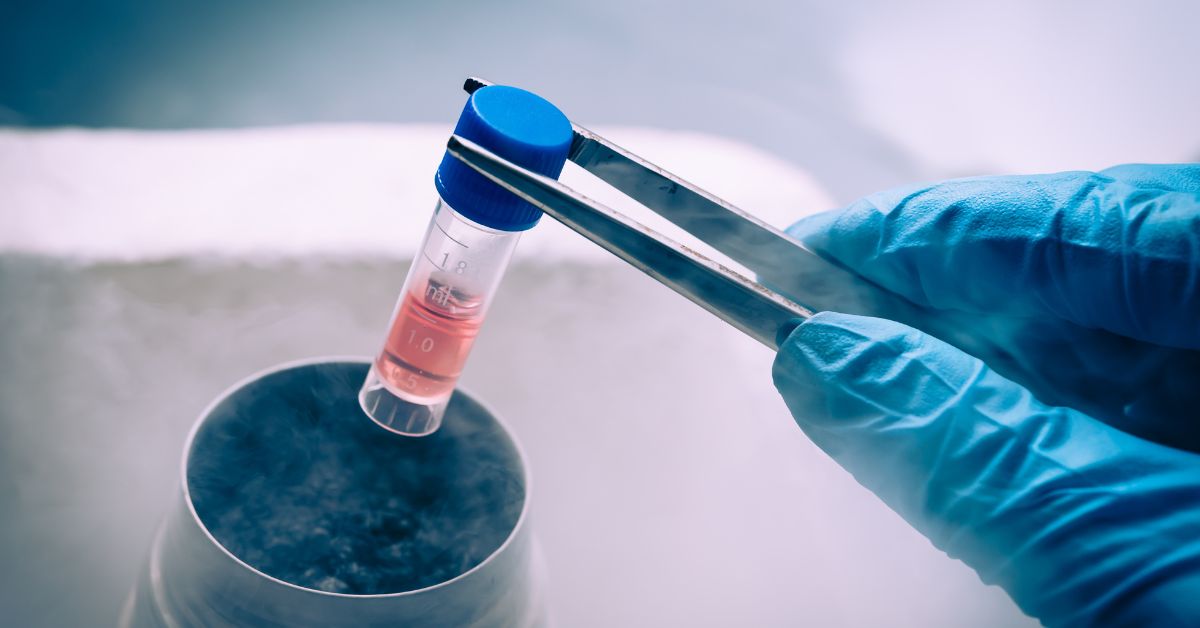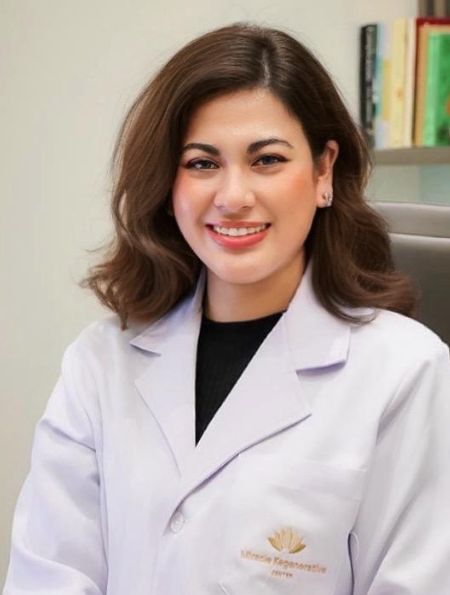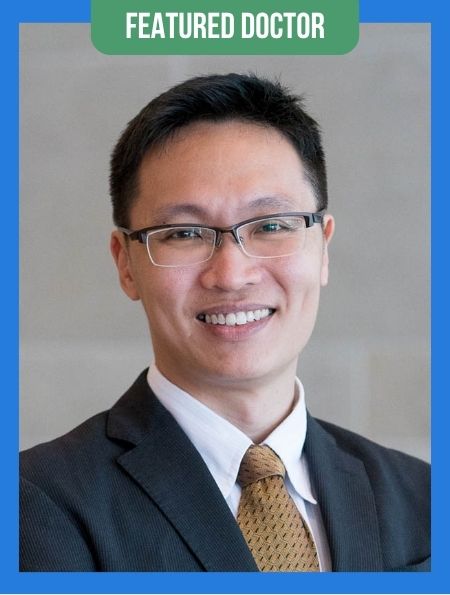Stem cell therapy has gained significant attention for its potential to repair damaged tissues, slow disease progression, and promote regeneration. In Singapore, medical professionals and researchers continue to study the safety and effectiveness of this treatment across various conditions. In this article, we explain the types of stem cell treatments available in Singapore, their regulatory status, estimated costs, and what options patients may explore – both locally and abroad.
Back to main channel: Stem Cell Therapy
Schedule a consultation with a specialist
What Is Stem Cell Therapy?
Stem cell therapy uses the body’s own cells (or donor cells) to replace or repair damaged tissues. These cells have the unique ability to develop into different types of specialised cells, offering potential treatment options for a range of diseases — from blood cancers to degenerative conditions.
Stem cells are generally classified into:
- Haematopoietic stem cells (HSCs): Found in bone marrow and blood, used for treating blood-related cancers such as leukaemia and lymphoma.
- Mesenchymal stem cells (MSCs): Found in bone marrow, fat tissue, and umbilical cord; currently studied for orthopaedic and regenerative medicine.
- Embryonic stem cells and induced pluripotent stem cells (iPSCs): Used mainly in research due to ethical and safety considerations.
Stem Cell Treatments Available in Singapore
In Singapore, stem cell therapy is strictly regulated under the Ministry of Health (MOH) and the Health Sciences Authority (HSA).
Currently, only a few cell-based treatments are approved for clinical use:
- Blood and bone marrow stem cell transplants for conditions such as leukaemia and lymphoma
- Chondrocyte implantation (a non-stem-cell therapy) for cartilage repair in specific orthopaedic cases
- Corneal and skin cell therapies for tissue reconstruction in burns or injuries
According to the Ministry of Health (MOH), other stem cell applications such as those for orthopaedic or anti-ageing purposes remain investigational and are not considered part of mainstream medical care.
Regulations on Stem Cell Therapy in Singapore
Stem cell-based treatments in Singapore are subject to the Health Products (Cell, Tissue and Gene Therapy Products) Regulations 2021, which ensure patient safety and product quality.
Only therapies approved by MOH or conducted under authorised research studies are permitted. Unlicensed use of stem cells for unproven indications such as cosmetic enhancement or joint rejuvenation is not allowed.
Before Undergoing Treatment
Patients are encouraged to:
- Confirm that the therapy is HSA-approved or part of a registered clinical trial.
- Ask for clinical evidence from peer-reviewed research.
- Understand the risks and follow-up care required after treatment.
Costs of Stem Cell Therapy in Singapore
The cost of stem cell therapy in Singapore can vary significantly depending on the type of treatment, condition being treated, and whether the therapy is carried out under a research programme, public hospital, or private clinic.
Because most stem cell applications especially for orthopaedic or anti-ageing use are still investigational, there is no fixed fee structure published by MOH.
Patients who qualify for approved cell-based procedures (for example, chondrocyte implantation) can receive treatment under regulated hospital programmes, and fees will depend on the hospital and clinical complexity.
Speak directly with a doctor or medical institution for accurate pricing details.
Medisave and Insurance
Medisave and insurance coverage apply only to approved and medically necessary procedures.
Stem cell treatments that are still classified as investigational or research-based are not eligible for Medisave withdrawal or most insurance reimbursement.
Patients should confirm eligibility with their healthcare provider or insurer before undergoing any therapy.
Other Countries Offering Stem Cell Therapy
If you are exploring stem cell treatment beyond Singapore, several nearby countries offer broader treatment options. Always research the clinic’s credentials and ensure appropriate follow-up arrangements.
1. Thailand
Thailand is one of the destinations for medical travellers seeking stem cell therapy. Treatments are available for joint repair, neurological conditions, and wellness.
- Singapore citizens do not need a visa for short stays.
- Treatments are often more affordable and accessible compared to Singapore.
- Always verify that the clinic follows international safety standards and is registered under Thailand’s Ministry of Public Health.
2. Malaysia
Malaysia, particularly Kuala Lumpur and Johor Bahru has clinics offering stem cell therapy for orthopaedic and aesthetic purposes.
3. South Korea
South Korea is recognised for their advanced research in regenerative medicine and their stricter regulatory standards.
Specialists You May Consider

For inquiries or to request an introduction to a specialist, contact us today.
Frequently Asked Questions (FAQs)
1. Is stem cell therapy approved in Singapore for joint or anti-ageing treatments?
No. The MOH currently considers such treatments investigational and not part of standard medical care.
2. Can I use Medisave for stem cell therapy in Singapore?
Medisave generally does not cover investigational therapies. Only approved and subsidised CTGTPs qualify.
3. How much does stem cell therapy cost in Singapore?
Costs vary depending on the indication and hospital setting.
4. Do I need a visa for stem cell therapy in Thailand?
Singapore citizens do not need a visa for short visits to Thailand. For longer treatment stays, a medical visa may be recommended.
5. Is it safe to travel abroad for stem cell therapy?
It can be, provided you choose an accredited clinic, verify the treatment’s scientific basis, and ensure proper post-treatment follow-up when you return to Singapore.
Disclaimer: 365Asia aims to provide accurate and up-to-date information, our contents do not constitute medical or any professional advice. If medical advice is required, please consult a licensed healthcare professional. Patient stories are for general reading. They are based on third-party information and have not been independently verified.





